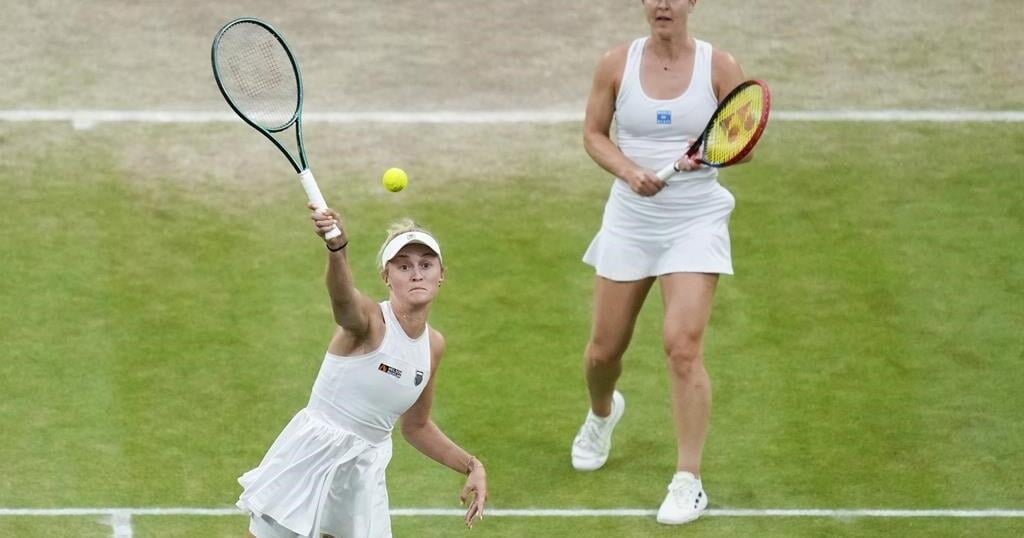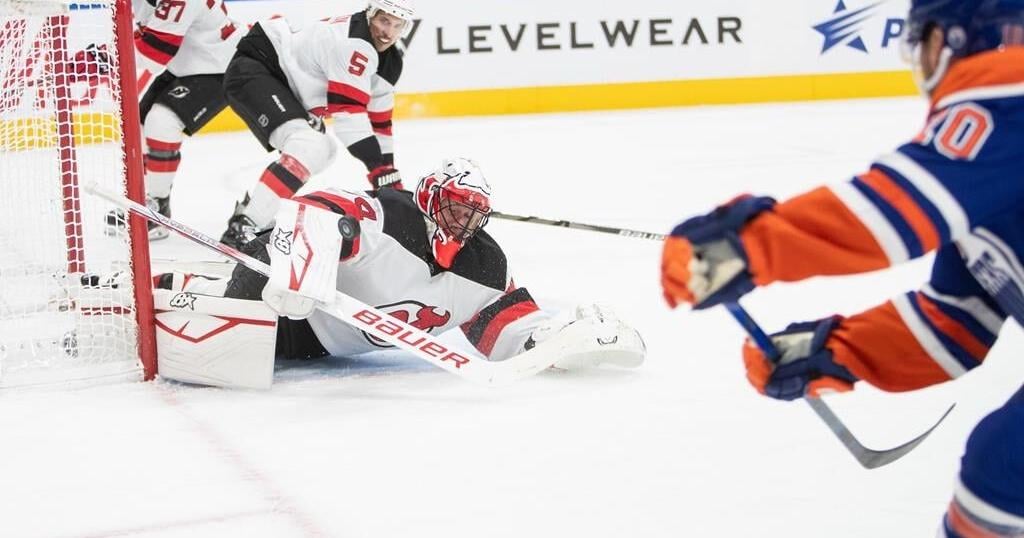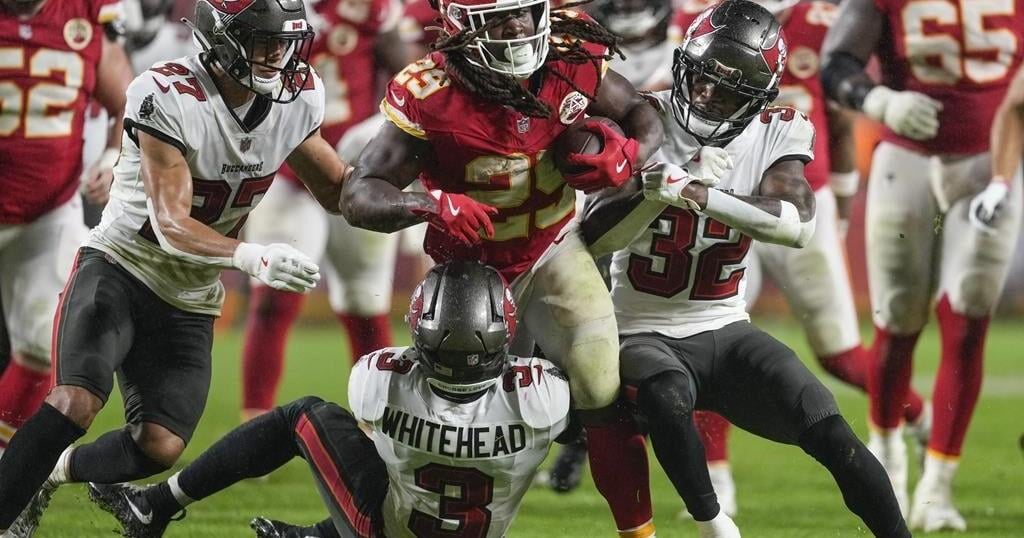TORONTO – It feels very strange to think about, talk about, or write about basketball after this week’s historic events in the NBA and throughout professional sports. It’s even harder to imagine what it’s going to be like for players – coming off an emotionally charged few days – to take the court and play the game again over the weekend.
Following a whirlwind 72 hours of player protests, postponed playoff contests, impassioned meetings, and major far-reaching decisions, basketball will resume on Saturday, the league and its players announced in a joint statement Friday afternoon.
But unlike last month, when the NBA successfully navigated a global pandemic to debut in its temporary home on the Walt Disney World campus after a hiatus that spanned more than four months, this return won’t seem like a cause for celebration. It’s with heavy hearts and mixed feelings that this unprecedented 2019-20 campaign continues.
The player strike was in response to the shooting of Jacob Blake – an unarmed 29-year-old Black man – by police in Wisconsin last Sunday. The Milwaukee Bucks were the first to act – opting not to suit up for the fifth game of their first-round series against the Magic – followed by the other five teams that were scheduled to play on Wednesday, and then eventually the rest of the league’s players.
The ongoing fight for social justice had been a focus since they arrived in Orlando for the restart, but the players’ concern was that the initiatives – the Black Lives Matter messaging, kneeling during the anthems, etc. – in place were starting to lose their impact. This was a more drastic means of demanding change – real, meaningful change.
For those that were skeptical about what a player strike would accomplish, if anything, consider what it’s done in just a few days.
First, it turned heads, commanded attention, and transcended sports in a way that court decals, T-shirt messaging, and even anthem protests never could. It sparked a movement throughout pro sports, with players in other leagues skipping and cancelling games or events.
Most importantly, it’s already forced the hand of NBA owners and government officials. In their joint release, the NBA and NBAPA announced three new initiatives that were agreed upon during the past new days of meetings and negotiations.
1. They have agreed to establish a social justice coalition, which will feature representatives from players, coaches and team governors. It will focus on issues relating to voting, civic engagement, and police and criminal justice reform.
2. Wherever possible, team governors have committed to work with local election officials to convert team arenas into voting locations for the 2020 United States general election.
3. The league will work with players and network partners to create advertising spots in each playoff game that will promote greater civic engagement.
Additionally, it was announced on Friday that the Wisconsin legislature, which has adjourned since April and wasn’t expected back until after the election in November, will reconvene on Monday to address the Blake shooting – one of the conditions of the Bucks’ walkout.
While there’s still a ways to go, and these are merely action plans, they’re not insignificant first steps. It’s also the reason why the players ultimately came together and agreed to resume the season, despite many who initially campaigned to pack it up and return home.
After everything they’ve sacrificed – leaving their families and communities behind during the pandemic and in a time of social unrest – and all the work they’ve put in to get this far, they weren’t going to let it be in vain. In the NBA bubble, they have a platform to speak to the world. Now, the hope is that more people are listening.
However, the question remains: how are players, who have been so deeply affected by the events of this past week, supposed to switch gears and shift their focus back to the basketball court and play meaningful postseason games over the next few days?
For the first time since the protests began, all 13 teams that are left in the bubble were scheduled to practice on Friday. The Toronto Raptors were the first to take the court at 10 a.m., although it’s unclear how much actual practicing they were able to do.
The Raptors – who will now tip-off their second-round series against Boston at1p.m.ET on Sunday – were also supposed to be the first to speak publicly in the aftermath of the protests, but were one of several clubs – including Miami, Milwaukee and Boston – to cancel their media availability session.
Initially, the plan was to have head coach Nick Nurse address the media. The team told its players that they were all welcome to speak, if they felt comfortable, but they wouldn’t be pressured to do so. In the end, they decided to forgo the session altogether, citing the team’s well-being and that they wanted to wait until there was more clarity on the situation (the NBA and NBPA statement hadn’t been released yet).
It’s completely understandable, given the circumstances. The Raptors have been leaders in the fight for social justice – not just this week but for months. Still, it’s not on them to be the voice of the league, especially after several players – Fred VanVleet, Norman Powell and Pascal Siakam – already gave lengthy and emotional interviews earlier in the week. They also shouldn’t feel burdened to be the ones that have to segue the conversation back to basketball.
As Clippers coach Doc Rivers said on Friday, “It’s not the NBA’s job to solve the world. It’s the NBA’s job to be part of the world.”
Still, the players know they have a responsibility to use their platform to help drive change, and after taking a historic stand and making a monumental statement this week, they’ve decided the best way to do that is to continue playing. That doesn’t mean it will be easy to divide their focus between the sport they love and something that’s far more important.
Let’s block ads! (Why?)

Source link
Related

























